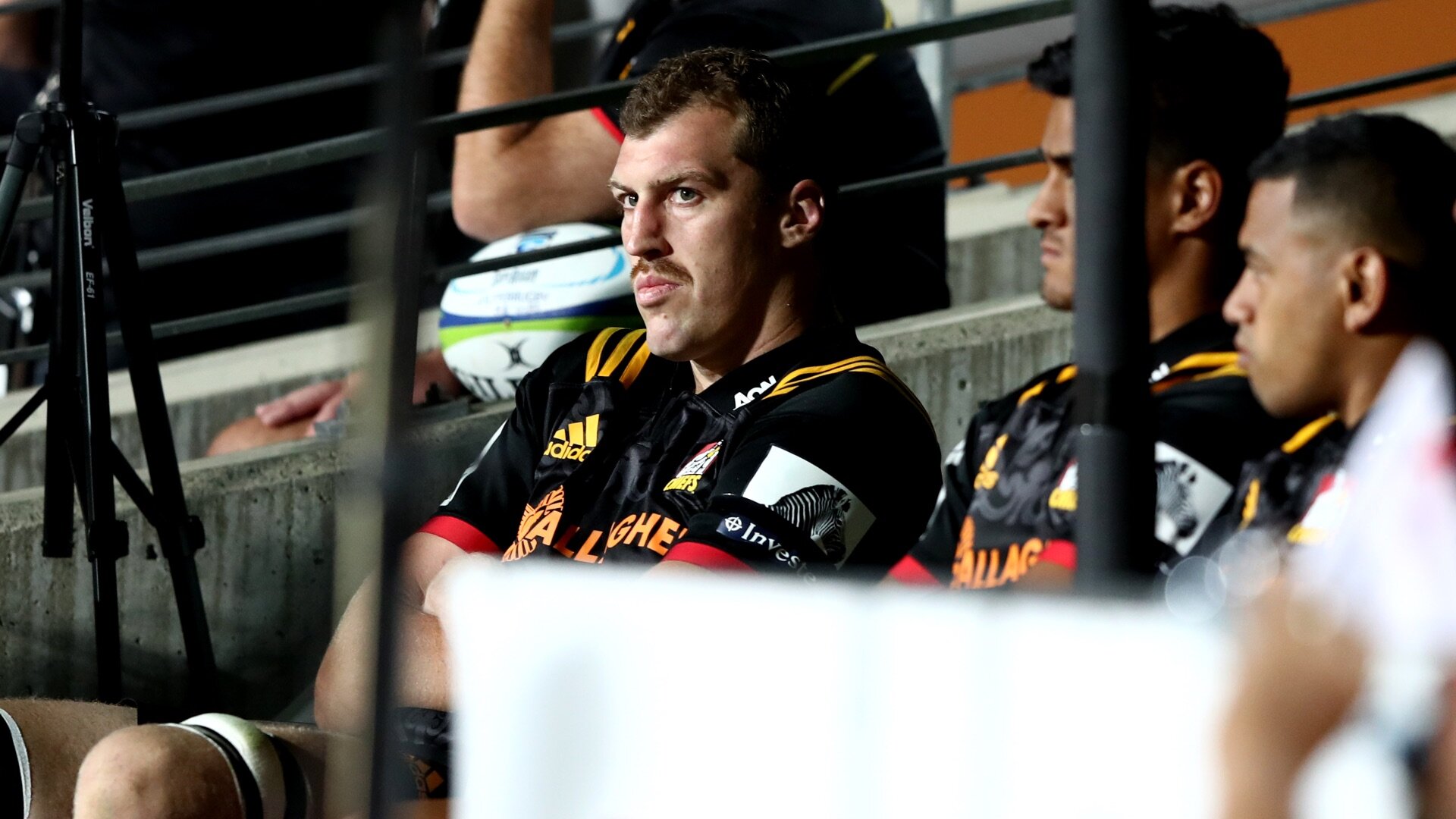Kiwi fans are worried that Retallick's deal will set a worrying trend

For a long time, the dilemma faced by many All Blacks was choosing between playing for their country and opting for a move abroad.
The Japanese and European leagues offer much more money than New Zealand Rugby can, and the standard of rugby could be less demanding on a player’s body.
However, the lure of the legendary black jersey has kept many players in New Zealand, only to leave when their international days have expired. Usually after a World Cup, or a British and Irish Lions tour – as seen in 2017.
However, the Chiefs’ Brodie Retallick’s new deal could be the beginning of a new trend in New Zealand, whereby players can enjoy the best of both worlds.
The 28-year-old lock will play in Japan for two seasons after the World Cup, therefore missing two Super Rugby campaigns, before returning to New Zealand until 2023. This will make him ineligible to play for the All Blacks while in Japan but ensures he will be back in the Test shake-up following a two-season break.
(Continue reading below…)
The 2014 World Player of the Year said: “I’ve decided to give my body a break from the New Zealand game so that ultimately I can extend my career here.”
This is a similar deal to what his All Blacks team-mate Sam Whitelock signed earlier this year, albeit Whitelock’s deal is shorter and he can still play for the All Blacks while abroad. Both players can effectively reap the rewards of playing in Japan while knowing they will return to the All Blacks.
While many fans on social media feel that Retallick deserves this deal, as he has been one of the best players in the world over the past five years, some feel that this is setting a worrying precedent.
This deal is a sign of the times – that the NZR can no longer retain their players and therefore has to agree to these sabbaticals to ensure the players return.
This is not a new thing in New Zealand. Dan Carter moved to French club Perpignan in 2008 for six months in a very similar deal, and many other players have taken short stints in Japan.
However, the way that Retallick’s deal has been phrased as if he were staying in New Zealand until 2023, has left some journalists in New Zealand questioning whether this can actually be seen as a win for New Zealand and Chiefs rugby as both sides will miss out on his services for two years.
With many All Blacks almost never playing Mitre 10 rugby, and some infrequently playing Super Rugby, some fans on Twitter sense that this is the start of a change in New Zealand rugby where their international players play elsewhere and only return for the All Blacks in a similar way to how the European leagues in football have all the world’s best players.
Ultimately, some feel that the NZR cannot compete with foreign clubs and are therefore becoming more lenient. This is what the fans have said:
https://twitter.com/JimKayes/status/1138596089185984513?s=20
Anyone who doubts that retention is getting more and more difficult each year for NZ Rugby needs look no further than this 👇sign of the times https://t.co/SiuyzJlLS9
— Liam Napier (@liamnapiernz) June 11, 2019
Sabaticals! The new way of keeping big names in the national set ups. Requires compromise, a well-communicated plan and a player+organization who's willing to honor their word. Here's to more. Will cricket catch on? https://t.co/dVtull3KP6
— Tom Dawson-Squibb (@TheSportingMind) June 12, 2019
I could see the All Blacks becoming the only team the top players play for, for sure. But I don't think the other levels will disappear, they'll become feeder leagues kinda like the D-League etc and you'll get the best players being picked up by the level above.
— Jeff Cheshire (@jeff_cheshire) June 12, 2019
Not really a deal with NZR is it, it’s a deal with Japan for two years.
— Simon Howard (@sihoward1) June 12, 2019
https://twitter.com/dbp_sydney/status/1138616933597601792?s=20
https://twitter.com/NZ_Dave/status/1138613858665320448?s=20
Retallick is part of a sizeable cohort of All Blacks that are moving abroad after the World Cup later this year, but the difference is that he – and Whitelock – have agreed to return.
In the long run, this deal may prove beneficial as it could well prolong the lock’s career. But in the meantime, the All Blacks – as will the Super Rugby franchises – will be going through a transitional phase with so many players gone.
WATCH: Episode six of Don’t Mess with Jim, the weekly RugbyPass series hosted by former Scotland international Hamilton

























































